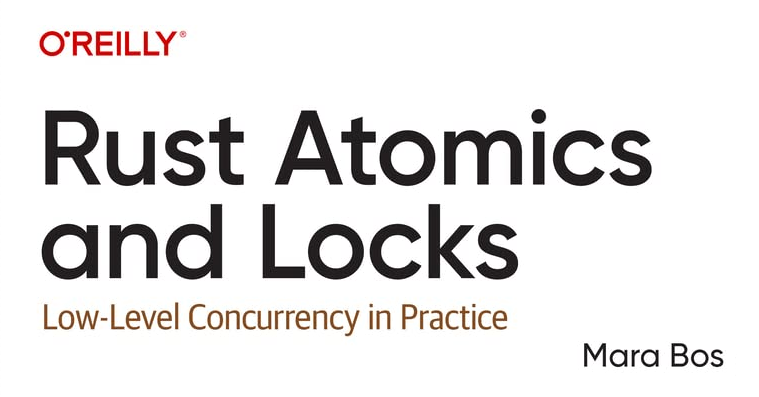cross-posted from: https://discuss.online/post/5803977
About this Book
The Rust programming language is extremely well suited for concurrency, and its ecosystem has many libraries that include lots of concurrent data structures, locks, and more. But implementing those structures correctly can be difficult. Even in the most well-used libraries, memory ordering bugs are not uncommon.
In this practical book, Mara Bos, team lead of the Rust library team, helps Rust programmers of all levels gain a clear understanding of low-level concurrency. You’ll learn everything about atomics and memory ordering and how they’re combined with basic operating system APIs to build common primitives like mutexes and condition variables. Once you’re done, you’ll have a firm grasp of how Rust’s memory model, the processor, and the role of the operating system all fit together.
With this guide, you’ll learn:
- How Rust’s type system works exceptionally well for programming concurrency correctly
- All about mutexes, condition variables, atomics, and memory ordering
- What happens in practice with atomic operations on Intel and ARM processors
- How locks are implemented with support from the operating system
- How to write correct code that includes concurrency, atomics, and locks
- How to build your own locking and synchronization primitives correctly
Available free of charge. But I doubt I’ll ever read it. Never enough time and energy for everything.



I have read it, it is a very good book, and the memory ordering and atomics sections are also applicable to C and C++ since all of these languages use the same memory ordering model.
Can strongly recommend it if you want to do any low level concurrency (which I do in my C++ day job). I recommended it to my colleagues too whenever they had occasion to look at such code.
I do wish there was a bit more on more obscure and advanced patterns though. Things like RCU, seqlocks etc basically get an honorable mention in chapter 10.